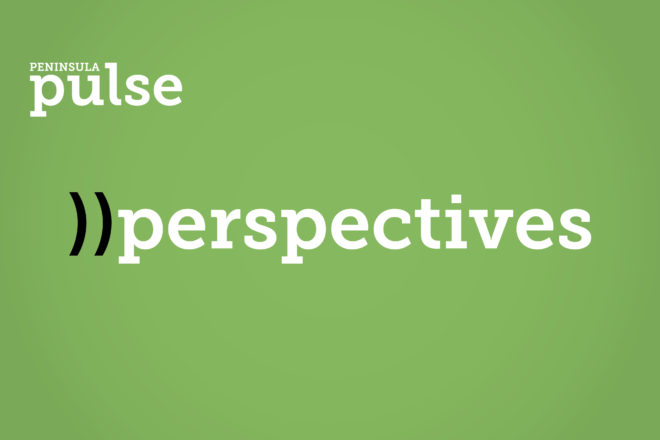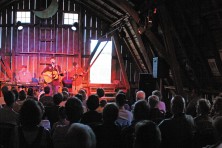Editor’s Note: Civic Duty in a Dual America
- Share
- Tweet
- Pin
- Share

A book I’m reading takes us back to the American founders and their differences of opinion to show how the political division of today is a foundational and repeating phenomenon in this great American experiment of ours.
Presumably, by the end of American Schism: How the Two Enlightenments Hold the Secret to Healing Our Nation, by Seth David Radwell – I’m only a quarter of the way through – I will have gained some historical context that shows we’re not irreparably damaged, we’re not divided beyond all reconciliation, and the bitter emotions and present-day anger in our political discourse is not happening at a time when stakes have never been higher.
The stakes could not have been higher than they were for America’s founders who were creating our form of government and societal structure. They all believed in Enlightenment principles – liberty, equality, individual rights among those – yet not on the form of government that would best uphold those values.
A simplified explanation of this dual America pitted the Moderate Enlightenment camp (James Madison, John Adams) against the Radical Enlightenment side (Thomas Jefferson, Benjamin Franklin). The moderates believed that investing too much political power in uneducated and property-less people put society at risk of social and political upheaval. The radicals firmly believed in the will of the people to run their state and that the masses could be – and were required to be – educated for popular rule.
As we know, they all pulled together (at least long enough to get all the documents signed), with the radicals prevailing. We have a representative democracy and are an educated society that is capable of performing our civic responsibilities.
The rest was not – and is not – history. We know you can lead a horse to water, yet cannot make that horse drink. A voter may have the education required to do the research on the best elected officials for the job, but that doesn’t mean voters are interested enough. That doesn’t mean they can see through the murkiness created by powerful political parties, or the complicated influences of AI and social media. And that doesn’t mean they want to expend their final bandwidth of the day listening to two sides yell past each other into the canyons of their respective party ideologies.
Still, difficulty doesn’t absolve us. We know that. We also know, in the end, our elected officials will reflect who we are. It’s our responsibility to shape that image into one we’re proud of, one that upholds our society and its values.
As a newspaper, we’re here to provide you with resources to help you make good elective decisions. First up is the April 2 election for county, city, town, village and school board seats. These people are your neighbors. They are the ones who directly spend your property taxes on roads, education, public spaces. These are not sexy or sensational elections, but they are essential and have the most effect on our neighborhoods.
No primaries are needed on Feb. 20 and the April 2 ballot will only contain the local elections, as well as a race for a Door County Circuit Court judge seat.
In preparation for this election, we’ll introduce you to all the candidates. We’ve sent questionnaires to the 36 individuals who are running in contested races across the peninsula (including the judicial candidates). The deadlines have been set for these questionnaires to be returned, and all of those will be published in our March 8 issue of the Peninsula Pulse.
After the April 2 election, we’ll shift to the state and federal races. The filing deadline in Wisconsin for those candidates is June 3 with the primary on Aug. 13 and the general election, Nov. 5.
We’re expecting a robust letters-to-the-editor season. Already, they’re piling up. We had 2,600 words for this week and decided to reserve space for the majority of those. We cannot do this on a regular basis and must shift to on-line-only letters in the very near future – as we always do around elections – selecting only a few of the best of varied perspectives for print publication.
An abundance of letters is an excellent and enviable challenge for a newspaper to have. We want and encourage your continued community engagement and will continue to help give voice to people who are expressing civic duty – a responsibility the founders depended upon us to carry out, and believed we were committed enough and capable enough to uphold.



